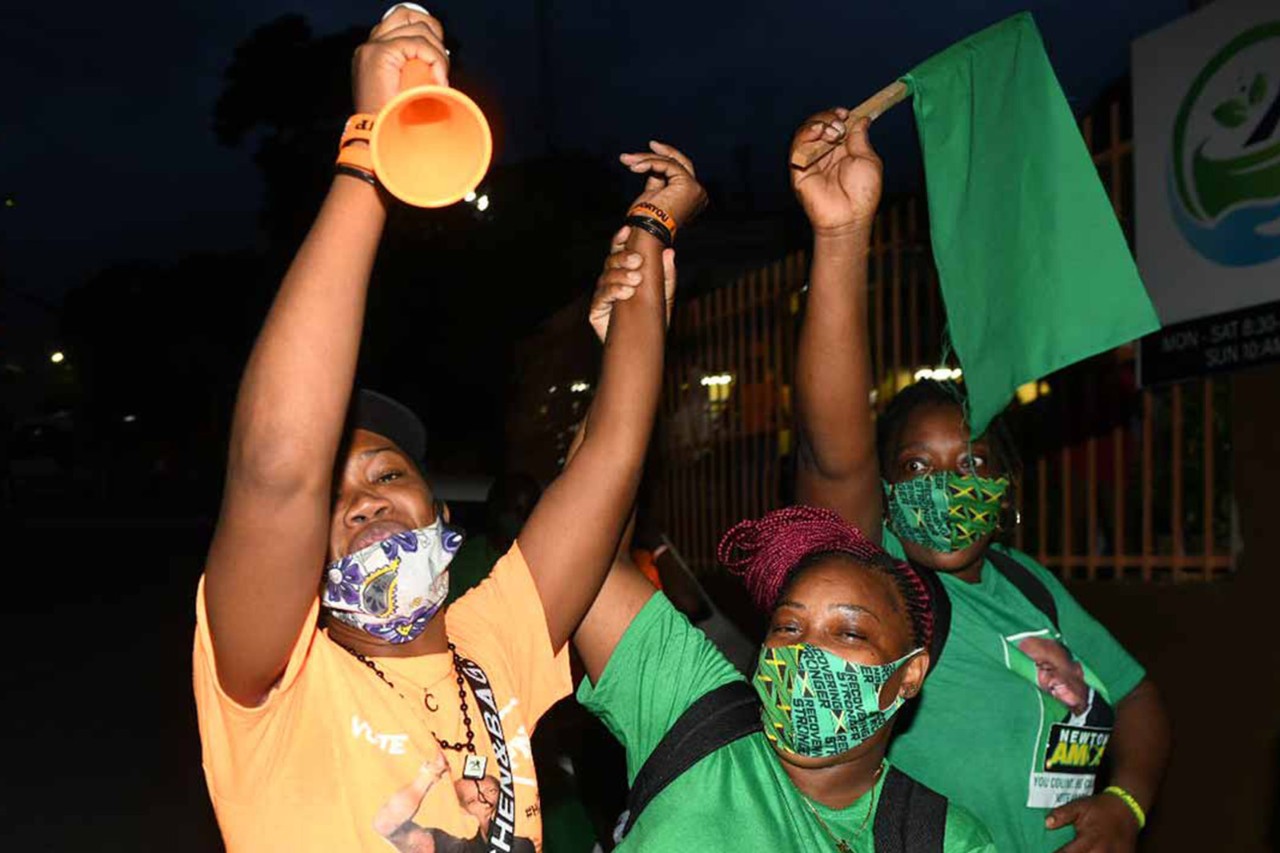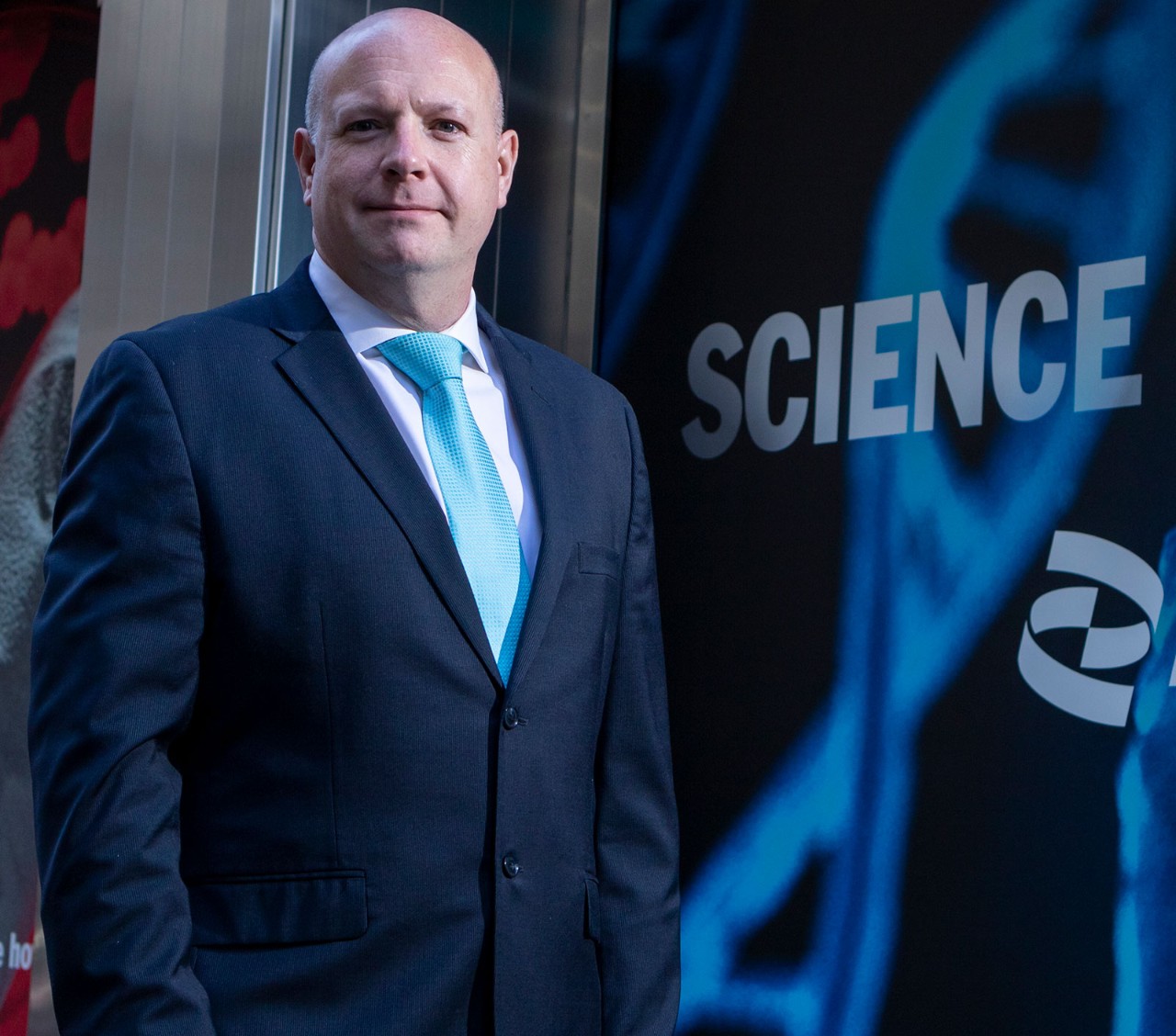
It will be a world where finances will continue to be under strain as government bodies seek to balance the books while continuing to serve the public.
ACCA members in the Caribbean are returning to office life where possible, managing risks in a prudent fashion and developing systems to ensure they can provide a consistent service at a time of great uncertainty.
‘In a post-pandemic world, major changes will require us to find a way to keep the team members connected’
In many cases, they are also fast-tracking existing plans to adapt and innovate public sector services.
With this in mind, AB invited two public sector finance professionals to describe how they are preparing for the post-pandemic new normal.
Janet Plummer FCCA, business requirement specialist, Tax Administration Jamaica
Tax Administration Jamaica (TAJ) is responsible for the administration and collection of domestic taxes, duties, rates and fees, as well as the administration and enforcement of revenue laws. Information and communication technology (ICT) has always been one of the major components of the tax reform process and TAJ relies significantly on ICT to deliver its core services.
Post-pandemic, the plans to offer as many services as possible online have been fast-tracked. This is to reduce the number of people doing business face-to-face and to improve compliance, since it will be easier and more convenient to do business with the authority.
Good service maintained
There has been very little disruption in the provision of service. Demands on ICT are being made to allow customers remote access to the services as well as support staff. Funding is in place to make the necessary improvements. Though the plans were in already in place, the situation caused by the pandemic has forced a revision of the timelines for delivery.
One major challenge is the need to change some of the rules and requirements surrounding supporting documentation and signatures for verification of transactions. In the past, a physical document with a signature or stamp was the only acceptable evidence. This will have to be reviewed since businesses are moving their operations online, and paper-based documents with signatures and stamps in ink are not easily obtained.
Electronic overhaul
In addition, when it comes to the audit function, staff will have to be trained to be able to identify legitimate source documents that are presented electronically. In the paper-based world, an original document was easily identifiable; however, electronic documents require specific skills to determine that they are genuine documents.
The operations that I manage can be conducted remotely; staff have been working from home since March 2020. The office is available and staff are encouraged to work there occasionally when they require a change of scenery or to interact physically with team members.
In a post-pandemic world, major changes will require us to find a way to keep the team members connected, both in their individual teams and in the unit as a whole. Our operations require frequent, sometimes impromptu, discussions among and across teams, as the activities in one affect all the others. Working remotely has affected this synergy and ways have to be identified to recapture this spirit.
Anil Chatergoon FCCA, financial controller, Department of Education, Bermuda
I believe that the resilience of the department has played a major role in ensuring that the services continue, albeit in a different modality. I envisage that strategic reform and redesign will allow it to be nimble and flexible to future needs, with efficiencies resulting in a higher level of sustainability in the long term.
Funding is the most critical issue in both the short and long term. By factoring in the cost of Covid-19, a balanced budget will definitely be a mid- to long-term goal.
Output re-evaluation
I foresee a re-evaluation of outputs and outcomes, particularly for services and value for money from existing resources.
Currently, I work on a hybrid model, with a mixture of days in the office and remote working. There are policies and procedures to guide this. It is envisaged in the post-pandemic environment that a new normal will arise; this will require a shift in the mindsets of people and the environmental context.
For more information
Read AB’s special edition, Leading the change, exploring the new trends that will dominate the post-pandemic world





